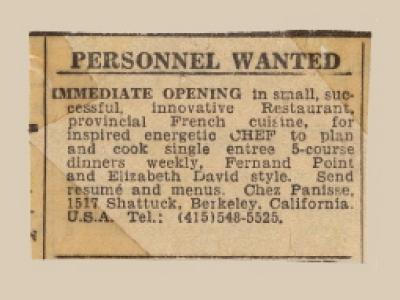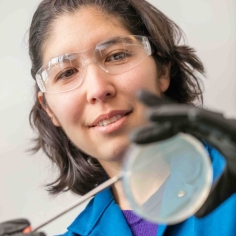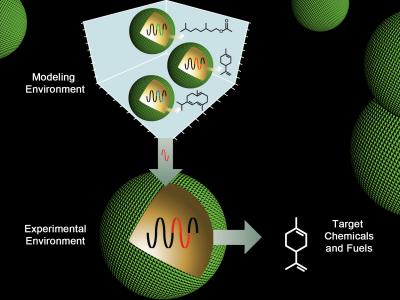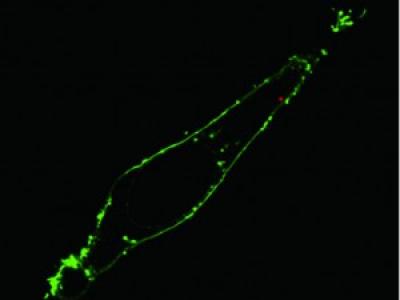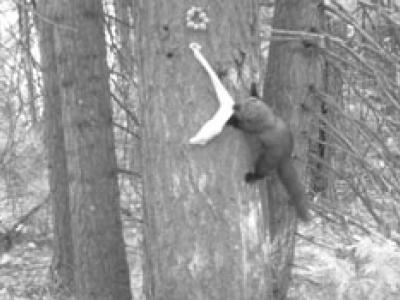A taste of Chez Panisse history
It’s tough to rustle up a new story about the most written-about restaurant in Berkeley, but California Magazine has dipped deep into the Chez Panisse archive at the Bancroft Library and come up with a fascinating look at its early days.

